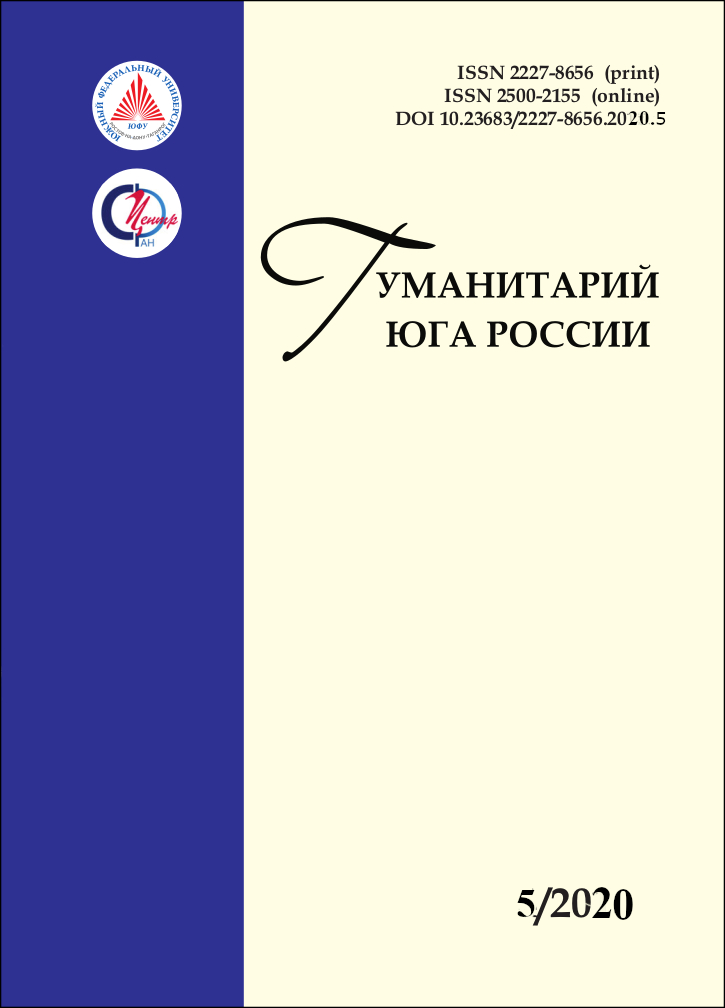Межпоколенческая трансляция формальных и неформальных норм профессиональной деятельности в бизнес-династиях (на примере российского малого бизнеса)
Научная статья
Аннотация
Литература
Исследование владельцев капиталов в России: отчет по результатам исследования (2015). Режим доступа: https:// wtc. skolkovo.ru/ media/documents/SKOLKOVO_WTC-WPS_2015_Report(RUS).pdf.
Колесникова Е.М. Инженерные династии как ресурс социальной мобильности // Трансформация человеческого потенциала в контексте столетия : в 2 т. Н. Новгород: НИСОЦ, 2017. Т. 2. С. 132–137.
Мансуров В.А., Иванова Е.Ю., Попова И.П., Семенова А.В. Профессиональные династии как социальный механизм воспроизводства профессиональных групп: на примере инженерных династий России // XXI Уральские социологические чтения. Социальное пространство и время региона: проблемы устойчивого развития : материалы Междунар. науч.-практ. конф. Екатеринбург: Гуманитарный ун-т, 2018. С. 53–58.
Мостовая И.В., Посухова О.Ю., Клименко Л.В. Методологические аспекты исследования профессиональных династий в российском обществе // Гуманитарий Юга России. 2019. Т. 8, № 6. С. 70–82.
Мурзина Ю.С. Факторы, препятствующие развитию семейного бизнеса в России, и эффективные инструменты их регулирования // Российское предпринимательство. 2015. № 15. С. 2335–2354.
Нор-Аревян О.А. Кризис профессиональных династий и деструктивные последствия вынужденного воспроизводства профессии врача // Общество: социология, психология, педагогика. 2019. № 11 (67). С. 24–30.
Посухова О.Ю. Роль профессиональных династий в академической среде российского общества // Власть. 2018. № 7. С. 89–95.
De Massis A., Sharma P., Chua J.H., Chrisman J.J. Family Business Studies: An Annotated Bibliography. Cheltenham: Edward Elgar, 2012. 360 p.
Zahra S.A., Hayton J.C., Salvato C. Entrepreneurship in Family vs. Non-Family Firms: A Resource-based Analysis of the Effect of Organizational Culture // Entrepreneurship Theory & Practice. 2004. Vol. 28, № 4. P. 363–381.
Поступила: 04.09.2020
Опубликована: 09.12.2020






